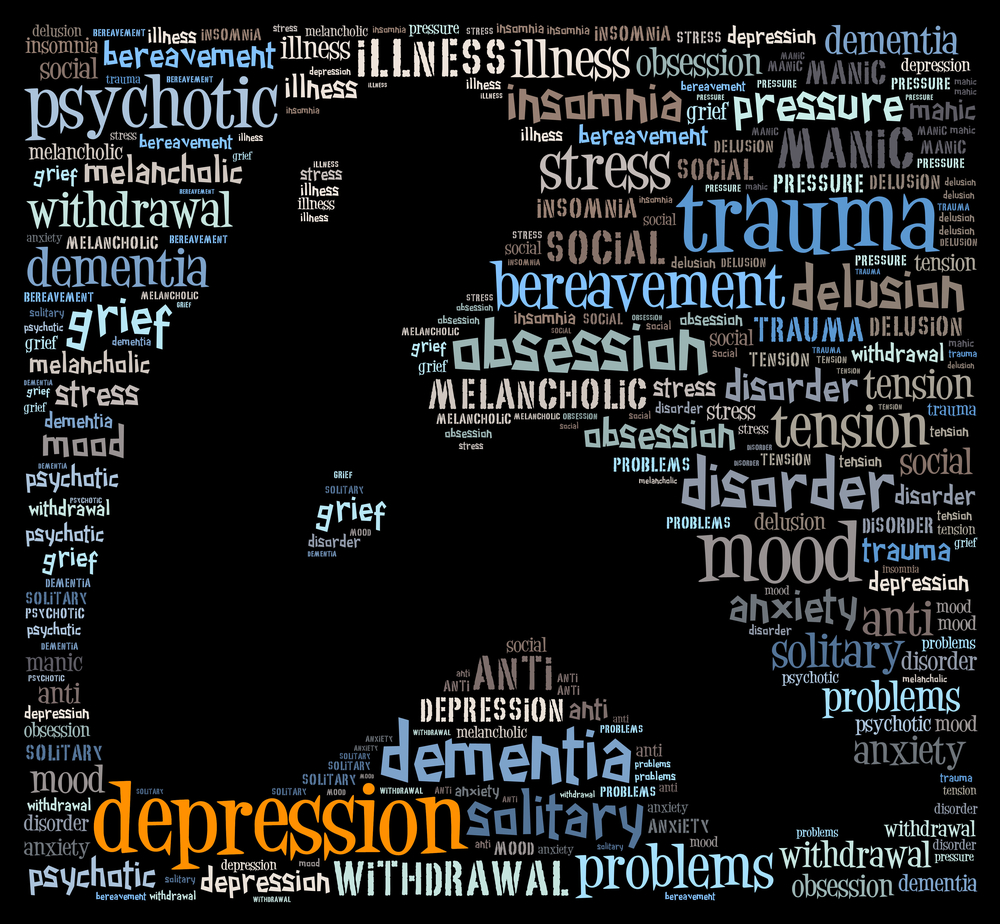 Overcoming an addiction of any type takes a lot of effort and time. In addition, the addiction affected more than just the addict — it affected those around them during their addiction, especially those who loved them. Recovery also affects those who surround the recovering addict, even though they are often overlooked in the process. There are many ways in which you can offer support and deal with the recovery of a friend or family member, and many things that you need to keep in mind for your own wellbeing.
Overcoming an addiction of any type takes a lot of effort and time. In addition, the addiction affected more than just the addict — it affected those around them during their addiction, especially those who loved them. Recovery also affects those who surround the recovering addict, even though they are often overlooked in the process. There are many ways in which you can offer support and deal with the recovery of a friend or family member, and many things that you need to keep in mind for your own wellbeing.
Remember that a full recovery can take longer than you may think.
The amount of time it takes for a person to fully return to being a mentally healthy and productive member of the home differs from person to person. There are averages and guesstimates, but each person will deal with recovery differently, and you need to be mindful of this. Don’t try to impose your own timetable on them: each person must work it out for themselves. Respect the fact that the person may not make a recovery as quickly as you think they should, and continue to lend your support rather than judge them, even if/when they may fail. Throughout the addiction many things may have happened that they need to deal with and accept responsibility for. And picking up the pieces is going to take varying amounts of time depending on the nature of the events and people involved.
Aim to reduce life’s pressures and stressors.
Many times an addiction begins in response to stress and pressure. One of the ways you can help prevent a relapse is to try to reduce the stress and pressure that is put upon the recovering person. The road to recovery can be stressful enough itself without the added burden of other external issues. And don’t forget to take care of yourself as well. You’re going to need stress-relief to keep you strong throughout the process. A great way to fill some time and relieve stress is to participate in some form of exercise. There are many options, but some great ideas are yoga, running, weightlifting, join a gym or an organized sport. You’ll need some “you time” as much as your friend does.
Accept that you may need continued external support.
When a person has an addiction, this can have harsh effects on their personal relationships. The person who was addicted will need to accept responsibility for their chosen actions while under the influence, and you may need to dig deep to find forgiveness for them. In repairing your relationship with the person striving for recovery, you may want to seek counseling from a non-biased source, such as the professionals at Insight to Recovery. Similar services can be found in your community and from family services for varying rates, or even free. The person who is recovering will be going through a wide range of emotions; this could include depression and resentment for those who forced them to give up their addiction. You may become an unwitting target as your friend deals with these internal struggles. If these feelings are not dealt with productively they can make the distance between you feel greater, or stir up emotions and words that cannot be taken back. Just be aware of this dynamic, and try to keep things in perspective.
Choose a goal!
In order to help the person who is recovering, support and encourage them to find a new hobby that they love. Often times a recovery is much more successful when a person finds an activity that is really interesting to them, to replace the addiction they are recovering from. It’s not just a matter of distraction, it’s about building a sense of achievement, accomplishment and satisfaction in something other than the substance they abused. It’s about building healthy habits and healthy mental patterns to cope with life.
To help make the journey to full recovery successful, you need to be knowledgeable and aware of your own feelings. It is also a great idea to ensure that you have a means to constantly express how you are feeling, whether it be one-on-one counseling or journaling your thoughts. You need an outlet, a place to vent, to let off steam, and hopefully find encouragement for yourself. By keeping yourself mentally strengthened, you will be able to better deal with, and support the person who is working hard to recover from a substance addiction.
[box type=”bio”]
 Marianne S. Ross is health and fitness researcher, writing about improving mental and physical well-being and moving to a healthier lifestyle.
Marianne S. Ross is health and fitness researcher, writing about improving mental and physical well-being and moving to a healthier lifestyle.
If her article got you interested, feel free to leave a comment below and follow her on Twitter and G+
[/box]


